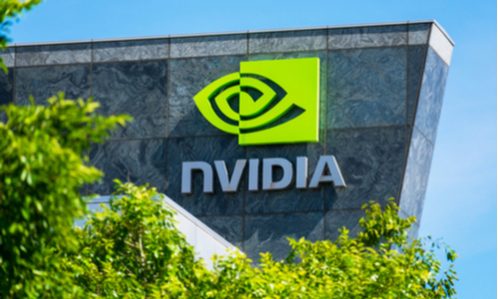UK’s Digital Secretary Nadine Dorries has written to the CMA instructing them to carry out an in-depth Phase Two investigation of the proposed acquisition of Arm by NVIDIA on competition and national security grounds.
The Digital Secretary has ‘quasi-judicial’ powers under the Enterprise Act 2002 to intervene in certain mergers on public interest grounds. Today’s decision follows the completion of the Phase One process during which the CMA conducted an initial investigation of the potential competition implications of the transaction.
The CMA found the transaction raises the possibility of a “substantial lessening of competition across four key markets” – data centres, Internet of Things, the automotive sector and gaming applications. The full Phase One report has been published today.
In addition, following the consideration of evidence gathered from departments across government, the Secretary of State also deems that the interest of national security continues to be relevant and should be subject to further investigation.
Arm, which is headquartered in Cambridge, licenses semiconductor intellectual property and is a major player in the global semiconductor industry, with tens of billions of Arm-based chips used worldwide. The chips, based on Arm’s intellectual property, power smartphones and are contained in a considerable proportion of connected devices within homes, cars and businesses. While not all individual devices relying on Arm-based chips are necessarily classed as ‘critical’ in themselves, the security and resilience of the broader supply chain is important for UK national security.
Digital Secretary Nadine Dorries said “I have carefully considered the Competition and Market Authority’s ‘Phase One’ report into NVIDIA’s proposed takeover of Arm and have decided to ask them to undertake a further in-depth ‘Phase Two’ investigation.”
Want more news? Subscribe to CPI’s free daily newsletter for more headlines and updates on antitrust developments around the world.

